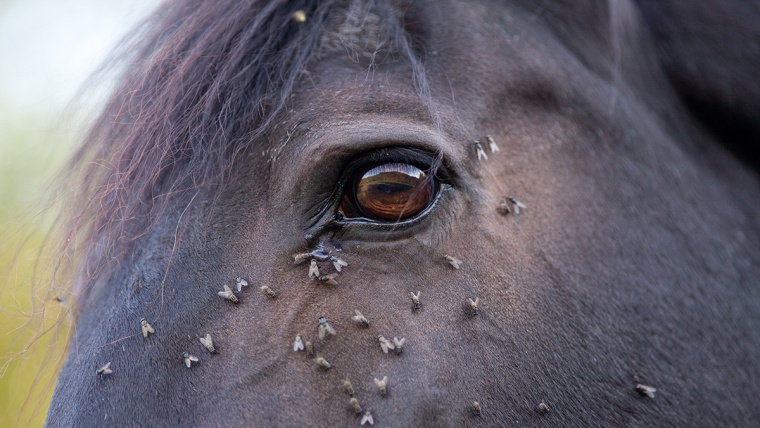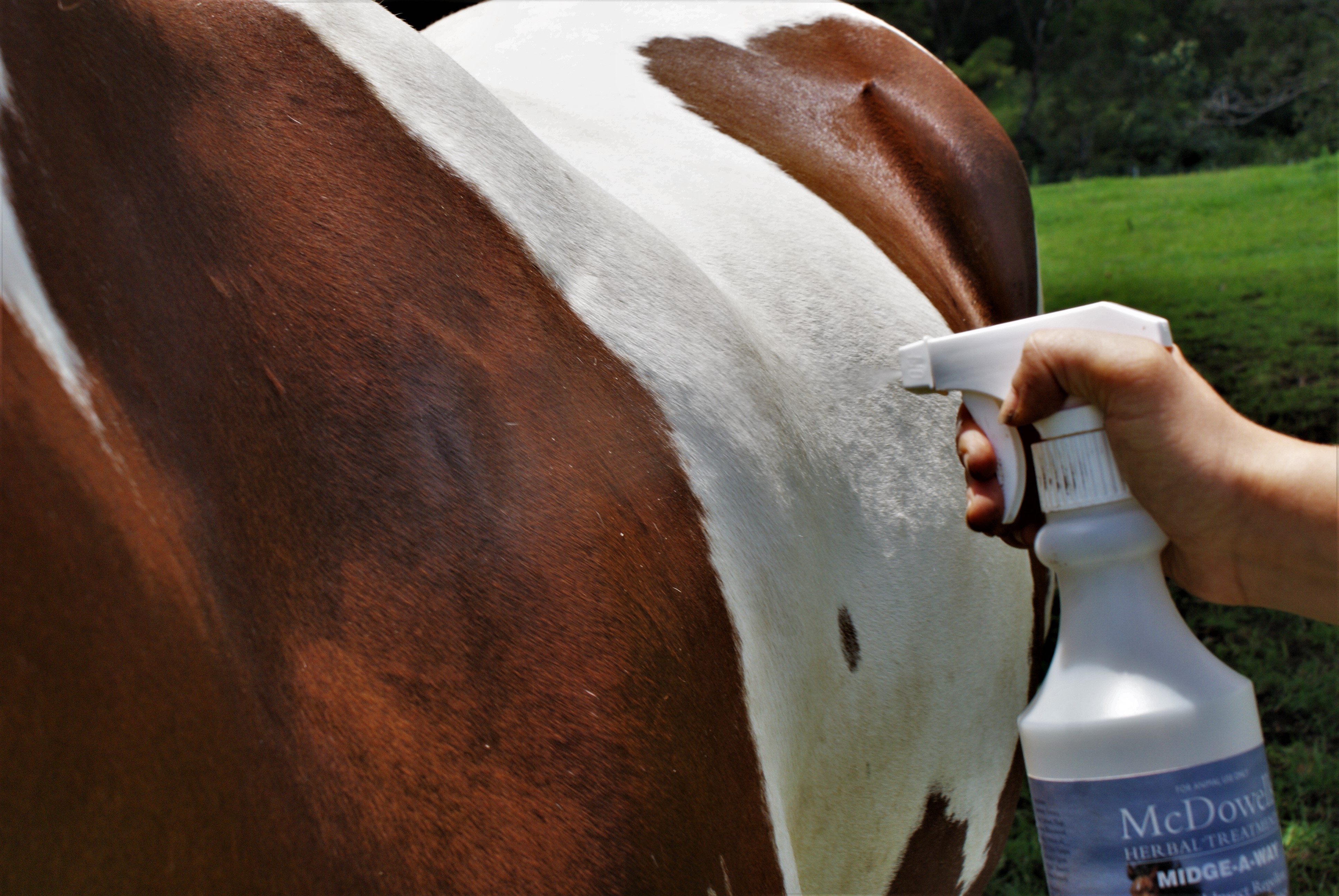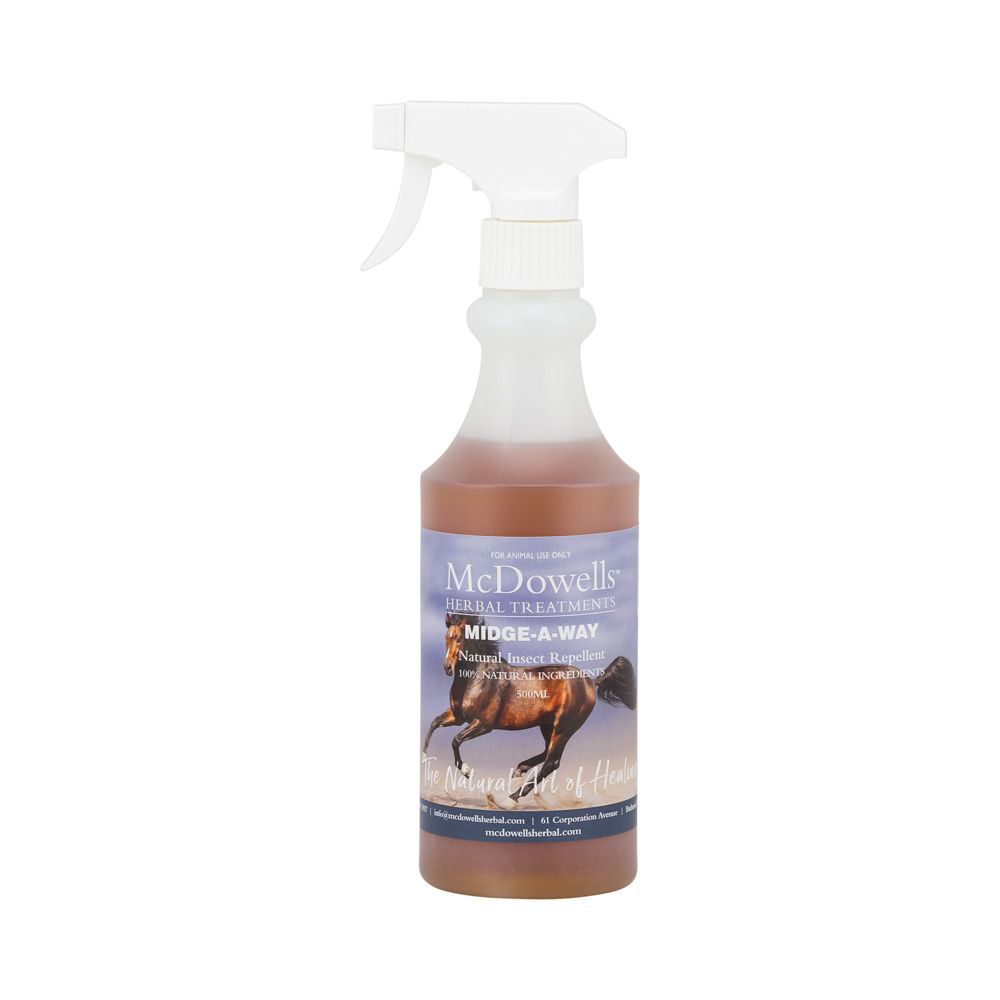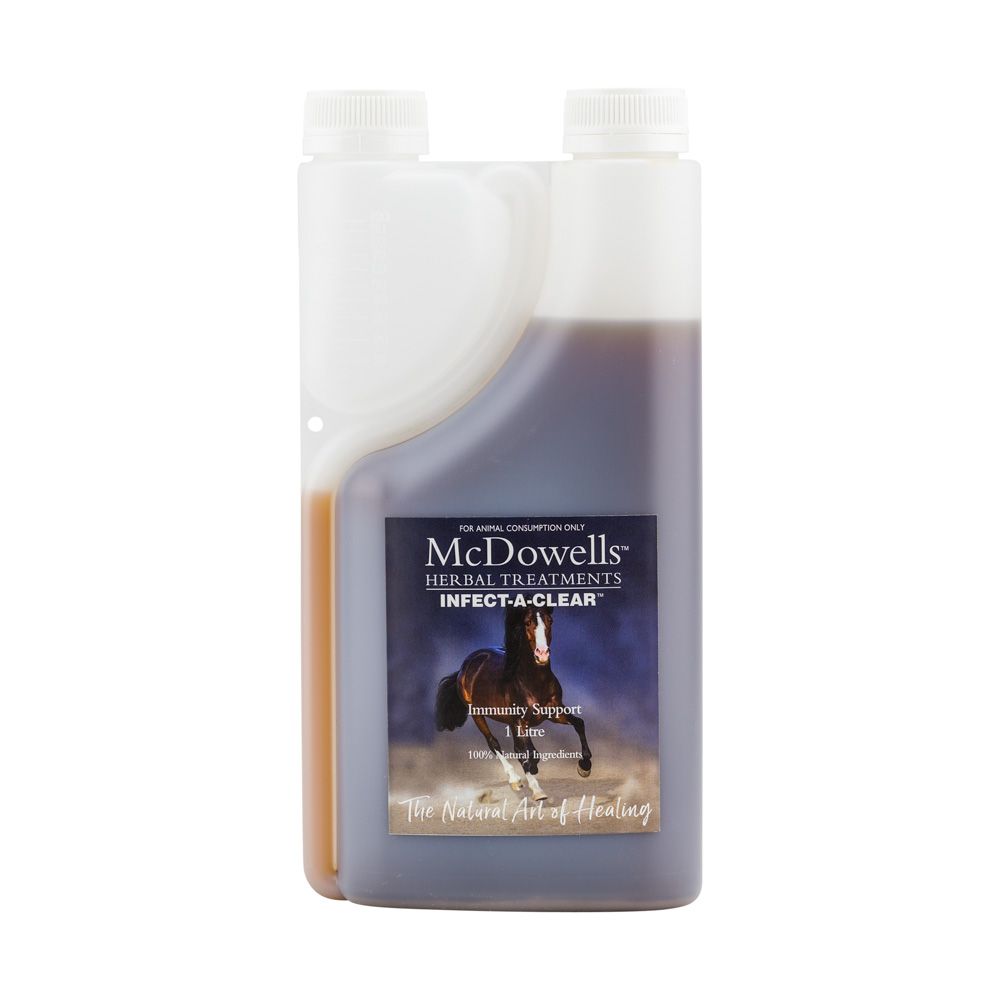Flies can be irritating and annoying for both horses and horse owners! There's many species in Australia but we only really come into contact with four groups: the bush fly, house fly, blowfly, and the mosquito. They can carry diseases and can create other secondary issues...

Some, like the bush fly, come from eggs laid in animal poo. They hatch into larvae, which feed off the poo, and then pupate in a cocoon like a butterfly.
The fly species that are common pests in Australia are:
- Blow fly (Bluebottle)
- House fly
- Bush fly
- Cluster fly
- Drain fly
- Fermentation fly
- Flesh fly
- Fruit fly
- Lacewings
- March fly (Horse fly)
Treatment
There are many things you can do to treat flies and insect bites, but the first thing is to try and deter them if possible! If your horse is prone to fly bites or other insect irritation your first step is to cover your horse in a light cotton or shade cloth type horse rug and neck rug during the worst part of the biting season. Fly boots that cover the legs are also an option.
As you head towards the insect season have a try of my anti-parasitic spray ‘Midge-A-Way’ applied topically to repel the insects. Midge-away has been developed in response to the increasing demand to have insect repellents that are 100% chemical free.
Cajeput oil is an essential oil that is steam distilled from the twigs and leaves of the cajeput tree and the paperbark tree. Native to Australia, it is in the same family as the tea tree. Cajeput oil is a powerful insect repellent.
Detering Insects
To discourage flies from breeding, make sure yards and paddocks are clean of manure and cover compost heaps. You can even grow plants that are insect repellents around your yards like tansy, citronella scented geraniums, lavender, rue, elder and wormwood.
Midge-Away can be used pre and post ride to deter annoying flying insects. Can also be used as an environment spray in the stable area.
Treating effected skin
If there are hairless patches it is often difficult to encourage regrowth of hair as the parasites actually damage the hair follicles but when the inflammation has ceased you could try our Skin Healing Cream or source an Elecampane ointment from health food stores or rosemary oil rubbed in once or twice a day can expedite hair growth.
I would also recommend supplementing the diet with chamomile flowers. Chamomile has many properties and helps various conditions ranging from skin and nervous system problems to acting as an antispasmodic and a digestive aid.
Dose rate is 4 dessertspoons made into a tea with 1 litre boiling water and given with feed. This can also be used to dab on the skin to soothe irritated areas.
To treat any secondary infections caused by the bites you can dose with colloidal silver internally. This treatment is also valuable to dab on externally any infected lesions.
Also add 1 cup each of crushed White millet & linseed to the diet half morning and afternoon.
Mix straight into food or alternatively soak overnight in boiling water halve and add to food.
These will all directly improve coat and skin condition.
Chronic conditions
If the situation is chronic you may require a course of our herbal Infect-A-Clear to be taken over a 12 week period. This will clear the blood of the build up of toxins, boost immune and elimination systems and actively and positively discharge waste products of infection and inflammation.





